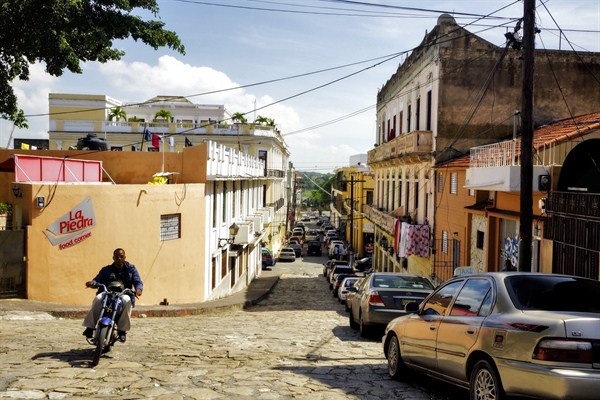Dominican Republic President Danilo Medina announced earlier this month that he is open to running for re-election after Congress passed legislation allowing presidents to serve two consecutive terms. In an email interview, Matthew Singer, an associate professor of comparative politics at the University of Connecticut, discussed domestic politics in the Dominican Republic.
WPR: What is the state of democracy consolidation in the Dominican Republic, and what are the implications for it of Congress’s recent approval of consecutive presidential terms?
Matthew Singer: Term limits have an interesting history in the Dominican Republic. Immediate re-election was allowed from 1966-1996, banned in 1996, restored prior to the 2004 election, banned again in 2010 and then restored again in recent weeks.

